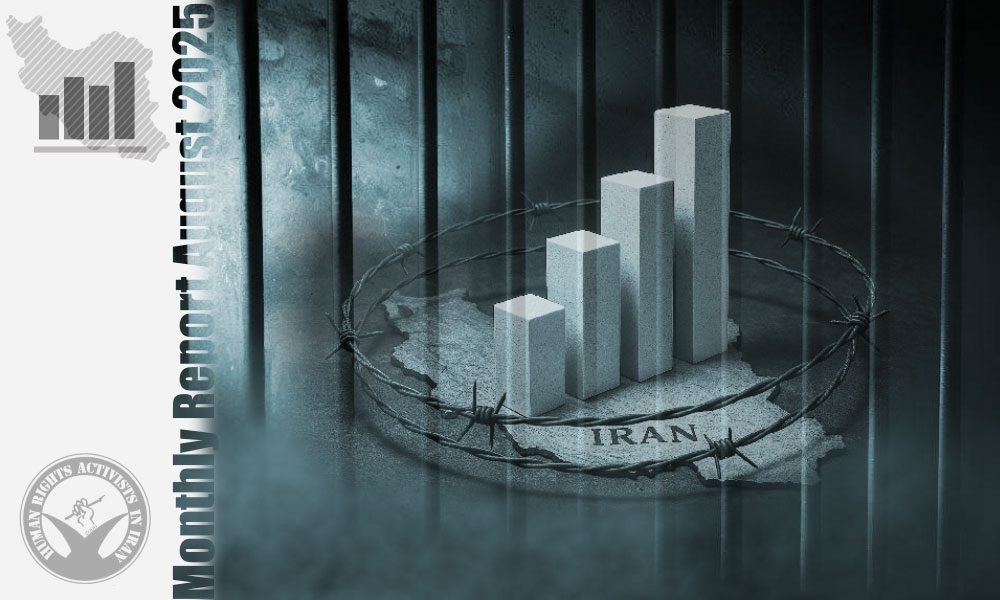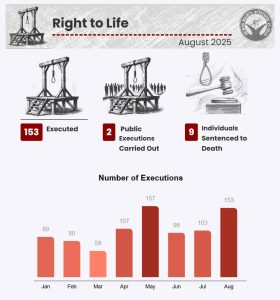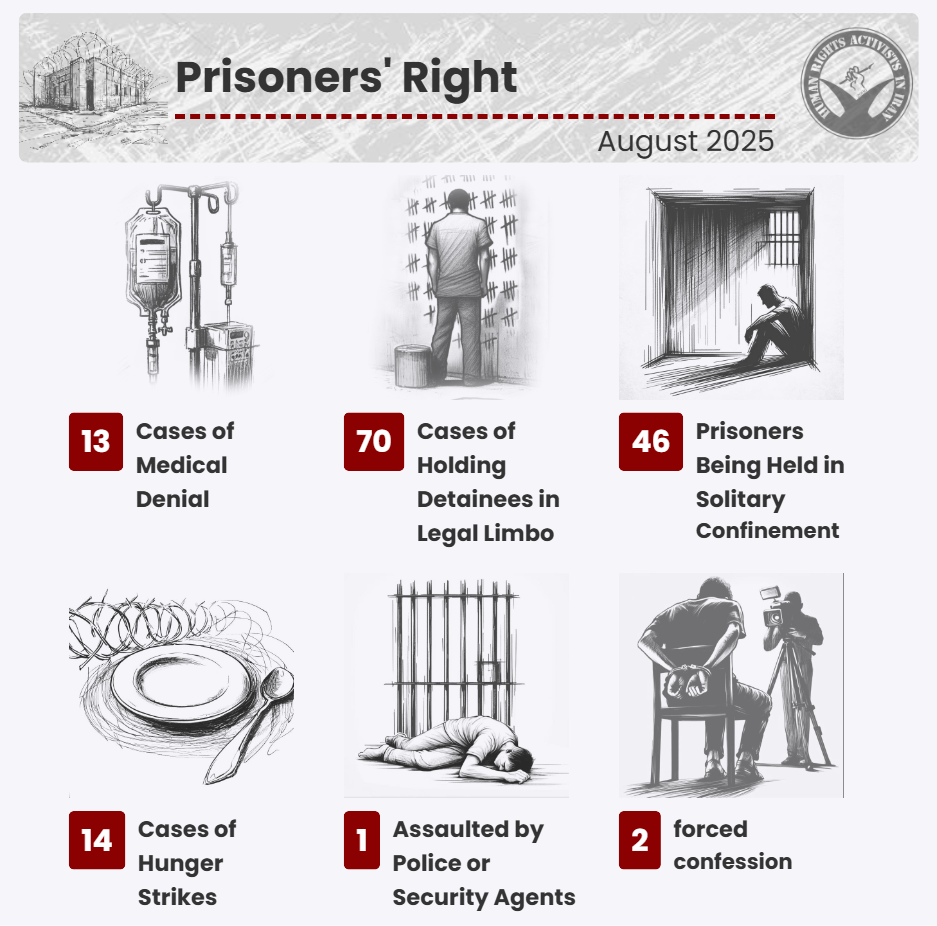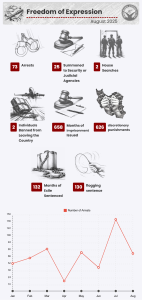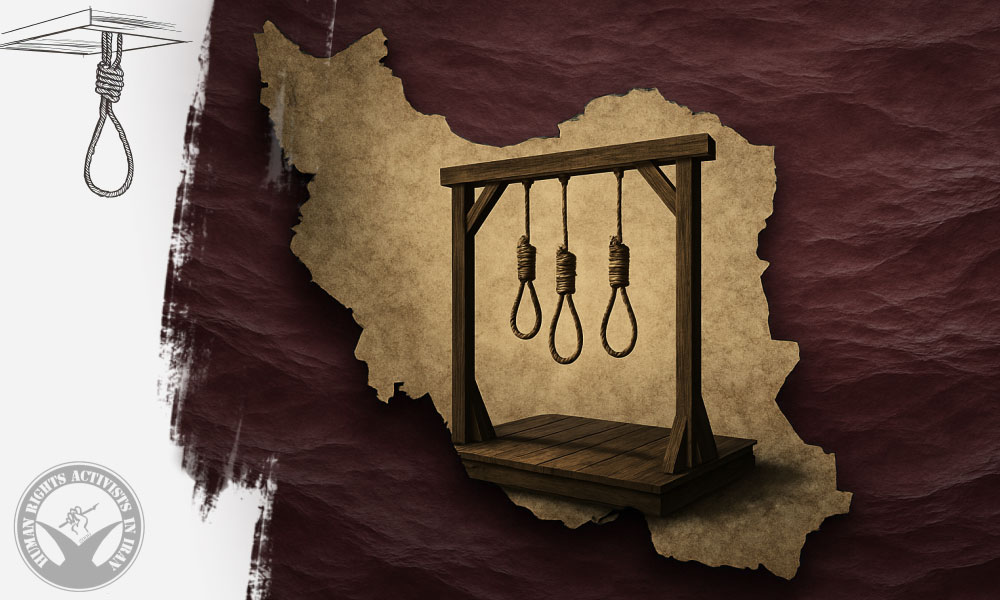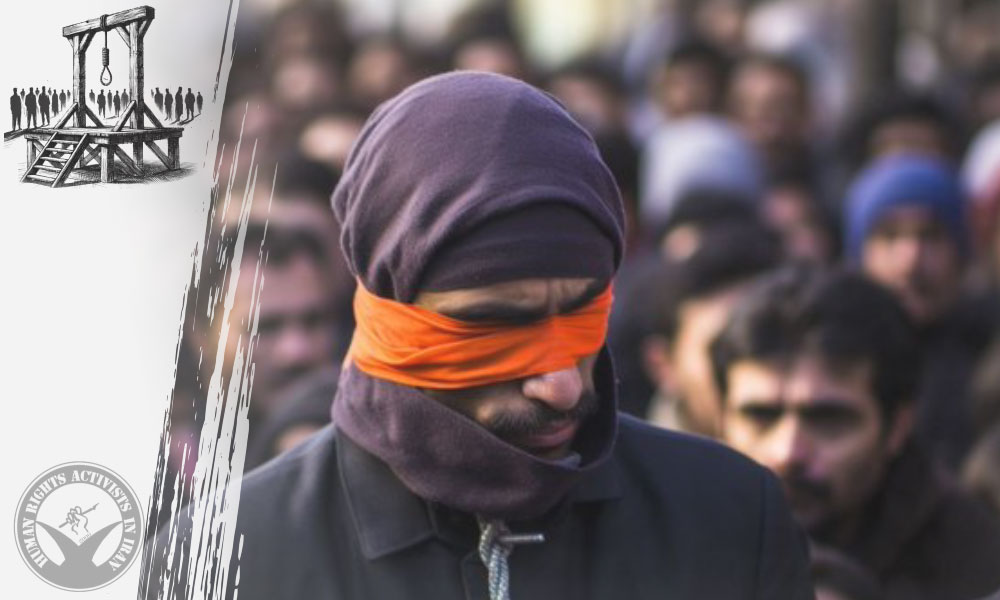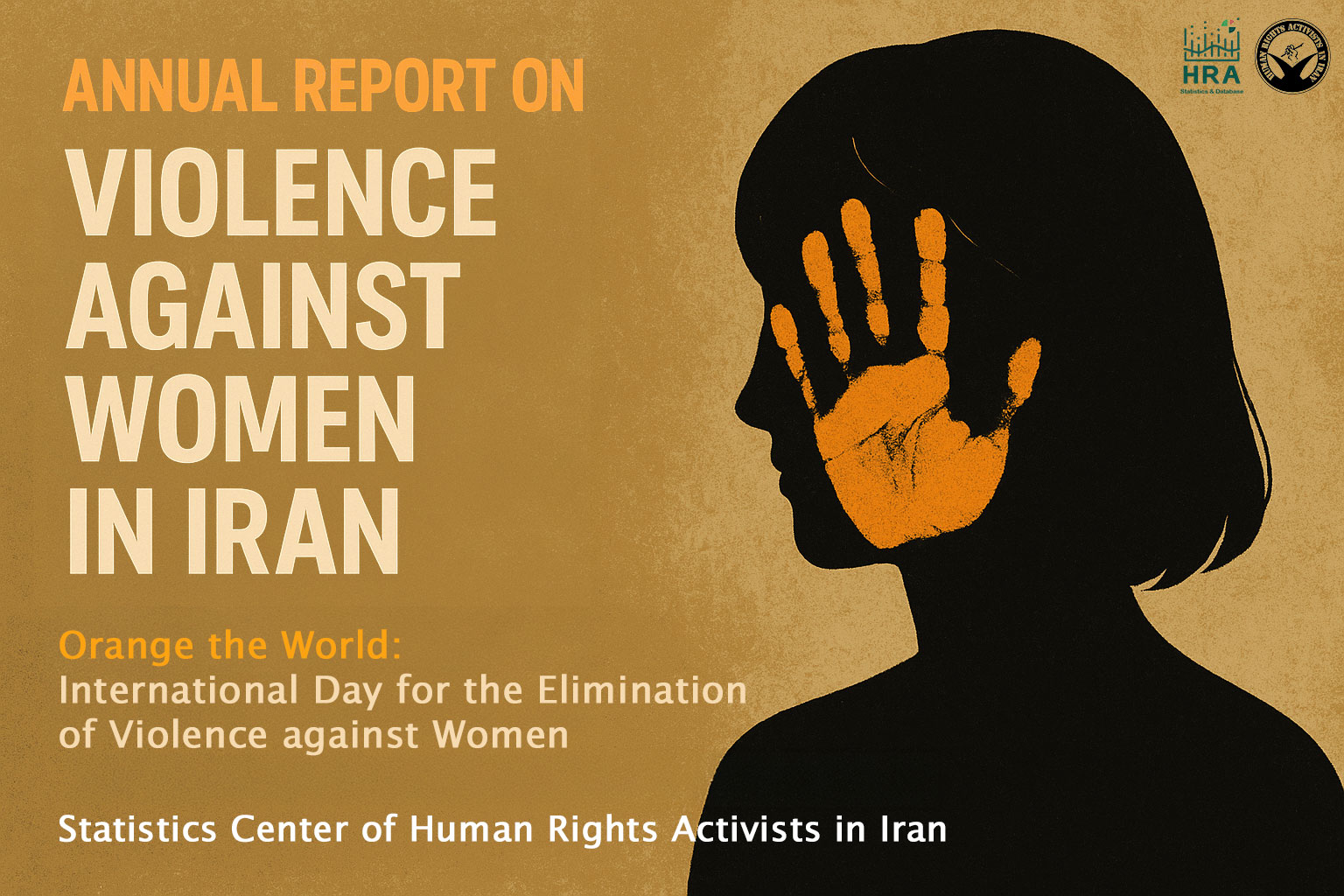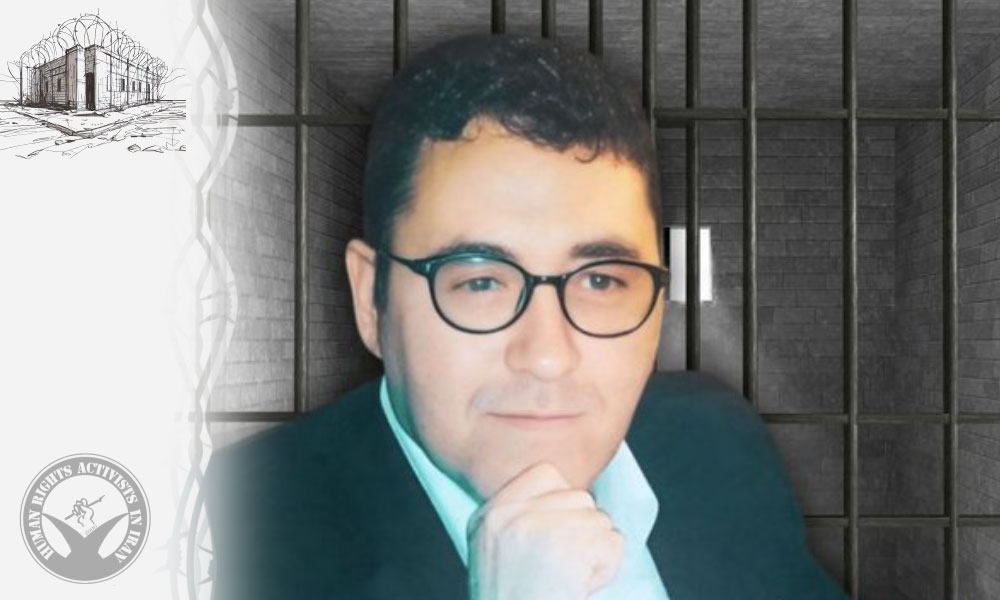HRANA- This report offers a brief overview of human rights violations in Iran during August. Key concerns this month include a sharp rise in executions compared to the previous two months, the continuation of public executions, the extraction of forced confessions, and heavy prison sentences handed down to Teacher union activists and members of religious minorities.
Executions
During the month of August, prisons in Iran witnessed the execution of 153 individuals, including 5 women—an increase of 40 percent compared to the previous month. With eight months having passed in the current year, the number of executions has reached 837, which, compared to 930 executions in the entire previous year, reflects a concerning rise.
The gender of 8 of these executed prisoners remains unknown, highlighting the lack of transparency in Iran’s judicial system. Two individuals were executed in public, and 8 Afghan nationals are among those executed.
The number of those executed, broken down by charges, is as follows: 87 individuals were executed on drug-related charges, 60 for murder, 2 for rape, 1 for “corruption on earth,” 1 on security-related charges, and the charge of 1 individual remains unknown.
In addition, Iran’s judiciary sentenced 9 individuals to death. The Supreme Court’s upholding of the death sentences for Sharifeh Mohammadi and Babak Shahbazi was also among the alarming developments concerning political prisoners this month.
Prisoners’ Rights
This month, HRANA received numerous reports of violations of prisoners’ rights, particularly those of political and ideological prisoners. The recorded instances of violations are as follows: 46 cases of punitive transfers to solitary confinement, including 14 cases of prolonged solitary confinement; 70 cases of holding detainees and prisoners in limbo regarding judicial proceedings; 38 cases of families not being informed about the prisoner’s situation; 13 cases of denial of adequate medical treatment; 9 cases of preventing prisoners from accessing a lawyer; 26 cases of threats and pressure against prisoners; and 2 reports of the broadcasting of forced confessions of defendants. One case of death in prison and one case of suicide were also reported.
As a result of this pressure, fourteen prisoners went on hunger strike.
Extracting forced confessions from political and ideological defendants, followed by broadcasting them on state television, is one of the regime’s routine practices against its opponents. In 2024, HRANA documented 28 cases of forced confessions. This month as well, Iran’s state television aired the forced confessions of a group of Christian converts.
Kolbars and Fuel Carriers
This month, indiscriminate shootings by military and security forces left five people dead and seven others injured. The fatalities included three kolbars and two fuel carriers—impoverished individuals who transport goods or small amounts of fuel to make a living. Among the injured were five kolbars and one fuel carrier.
Additionally, landmine explosions left 15 people dead and injured.
Freedom of Thought and Expression



